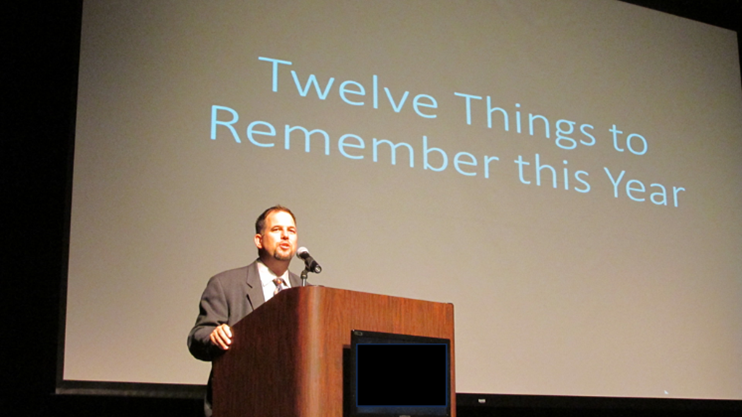When people have been in a position of influence, especially for a long time, they can settle into a habit of giving the equivalent of monologs instead of having dialogs. They become accustom to people not giving feedback or sharing opposing opinions. This style of leadership seems effective because it is faster, but the downsides are significant
Communications
For sure good communication requires being an active listener, showing empathy, seeking to understand before being understood, simplifying, and being respectively candid. But there is another element of good communication that isn’t as obvious: not leaving important details to chance. In other words, not making assumptions and taking important details for granted.
You can make any point and share any thought through a monolog or a dialog. On any topic, you can lecture or have a discussion. As a leader, parent, teacher, trainer, or coach, you get to decide. The difference is that when you start a dialog, people get enrolled in the conversation in contrast to being bystanders to it.
When people are on a stage, or asked to speak, their brains immediately sense danger and they start to react. Some people sweat. Some blush. Others tremble, lose access to their memory, or feel sick in their stomach. Some actually get sick. However, there is hope. In fact, there is great news. Our brain isn’t limited to automatic thinking and responses. There is another much bigger and more powerful part of our brain called our pre-frontal cortex located in our forehead. This is the part of the brain we control.





